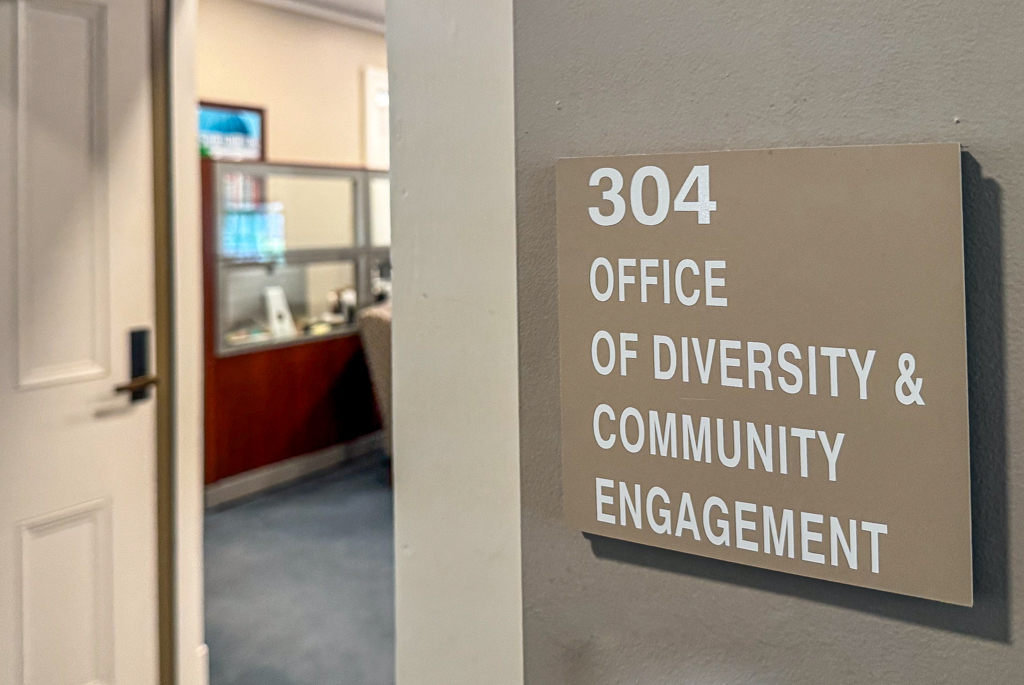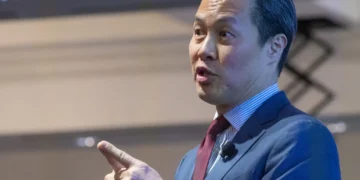
Diversity, equity and inclusion: This is the meaning and definition of the acronym DEI.
During this election year — most notably upon the nomination of Vice President Kamala Harris for President of the United States — we have heard the phrases “DEI” and “DEI hire” used in a derogatory nature. What’s worse is that DEI terminology and phrasing is being erased from our colleges and universities. In fact, the University of Mississippi has moved to dissolve its division of Diversity and Community Engagement and created a new one entitled Division of Access, Opportunity and Engagement.
When Mississippi State Auditor Shad White guised his disdain for diversity, equity and inclusion as an effort to address brain drain, it was the beginning of a domino effect that has left some of our most important programs on campus at risk. Notably, the controversial report has since been removed from White’s official government page.
This is the culmination of a trend intended to harm the minority community. The devaluation of the phrase directly questions and invalidates the achievements and accomplishments of not only Vice President Harris but also of all minority groups and marginalized individuals. The way many political leaders and talking heads have adopted the usage of this phrase to belittle others will make it more difficult for many individuals to truly understand the meaning, importance and strength in diversity, equity and inclusion.
What may be lost on many individuals who participate in the minimization and derogatory usage of the term DEI is that diversity, equity and inclusion do not only refer to the Black community or people of color. The adoption of laws and legislation that support diversity and equal opportunity in the workplace, which was the original purpose and meaning behind the term, positively affects all individuals regardless of race, nationality, ethnicity and sexuality.
On a college campus where people from many different walks of life convene with the primary intention of obtaining an education, it is critical to have programs like this in place.
Schools like UM could stand an increase in diversity efforts to be a more attractive destination for all students. Even if the respective offices concerned with diversity maintain that this change is one that does not harm equality on campus, there will certainly be students looking for a university to call home who are dissuaded by these changes.
Some may argue that the change preserves DEI, others push back against the conformity these schools are showing. While their hands are likely tied, I look at the root cause, our elected and appointed officials, who are pushing these changes with negative intent.
My chief concern arises when I think about the future without DEI. In what tangible way does not having DEI programs improve our state? Does this change offer us even the slightest economic boost to attract more corporations that don’t have the well-being of Mississippi in mind?
As we answer these questions, we must remember that the cost of maintaining DEI programs make up a small percentage of the university expenditures. According to the report by the state auditor’s office, the eight public universities spent about $23 million on diversity efforts over a four year period from 2019-2023. That figure averages out to about $718,000 spent on diversity programs by each university per year.
Although that number is an average and actually fluctuates university to university, it is peanuts compared to the total these schools spend. For example, the University of Mississippi had a total expenditure of over $100 million in 2023.
Ren Hite is a senior journalism major from Jackson, Miss. Justice Rose is the opinion editor. He is a Senior journalism major from Jackson, Miss.





































